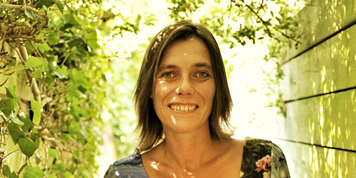If 80 percent of all PhDs leave the university, then there must be more PhDs outside of the university than inside.
If there are more academically skilled people outside of the university than inside, then the academic potential of a society is larger than the academic potential contained within universities.
It was this simple line of reasoning that made me realize that if a society faces a difficult problem, then it would make sense to mobilize its full problem-solving capacity.
Yet in most cases, when faced with difficult problems, decision makers easily turn to university academics alone. Isn’t that a waste of resources? Of knowledge, creativity, enthusiasm, analyses, criticism and inspirations? Isn’t that, on a social scale, a waste of democratic power? Of angles, perspectives, agency and the possibility to influence and contribute to change?
In 2008 I decided to do something about the academic and democratic deficits of current societies. That sounds more acute than it actually was. At first I just wondered, where do all the academics go when they leave university? Some go to work in the quasi university setting of an expertise centre or R&D department, but where do all the others go? Then I noticed that a lot of them work as isolated researchers, either in large consultancy firms or as self-employed consultants. Why are they invisible as a group? So next I wondered, can I create an infrastructure that enables them to operate as one? That’s when the idea of [campus]OrléoN popped up. A space for making visible the researching capacities of society and for supporting them where possible.
From this idea in 2008 to a full-blown international network that indeed gravitates around a passion for research amidst society is still a long way to go. Sometimes, I guess, simple logic evokes astute perseverance. To have registered 530 members in four years is, however, most encouraging. And to have registered policymakers, artists, consultants, journalists, managers and others with a mind for research alongside academics is even more heartening. The diversity on [campus]OrléoN is a cherished asset that serves as an open invitation to join.

